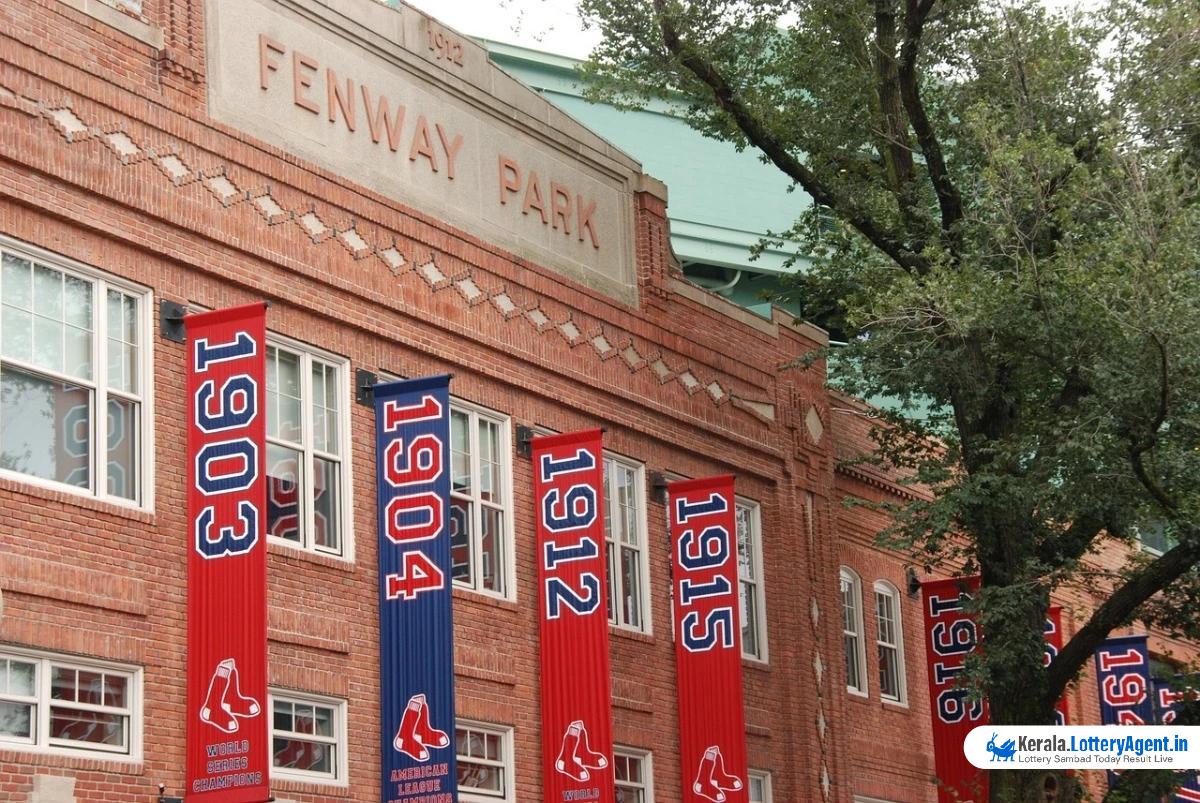
The Massachusetts Gaming Commission (MGC) is deliberating on whether to follow in Ohio’s footsteps by imposing a ban on non-gaming related promotions offered by gaming entities in the state. The debate comes in the wake of the Ohio Casino Control Commission’s (OCCC) own discussions about a similar ban, sparked by tactics used by Fanatics to entice customers with promotional bets through their digital sportsbook.
The inception of Ohio’s non-gaming related promotion limitations came after Fanatics—a well-known sports merchandise company—blurred the lines between e-commerce and online sports betting. Close on the heels of Ohio legalizing its sports betting market, Fanatics cleverly initiated a scheme that rewarded merchandise purchasers with promotional wagers on its digital sportsbook. This innovative marketing strategy caught the eye of the OCCC, which started to ponder the implications of such promotions in the summer of the previous year. Although no official action has been taken by the Ohio regulatory body, discussions indicated a preference for avoiding unintended adverse outcomes and ensuring fair competition among operators.
Now, with Massachusetts potentially on a similar path, Mina Makarious, outside counsel for the MGC, highlighted that operators have surfaced several matters for the OCCC’s consideration, including concerns about equitable execution and avoiding undesired repercussions.
As part of their deliberative process, the MGC commissioners voiced their desire for further details prior to taking any concrete steps. Commissioner Eileen O’Brien, in particular, stressed the necessity for clear regulatory language, feedback from operators, and a deeper understanding of the subject matter before proceeding.
Massachusetts is known for having some of the most rigid regulations in the nation when it comes to advertising and promotions by the gaming industry. The state’s stringent approach includes a mandate that any advertisement visible from professional sports venues should include an age restriction of 21+. As pioneers in establishing guardrails for gambling advertising, Massachusetts was the first state to forbid partnerships between educational institutions and gambling companies and prohibits gambling advertisements in venues where it is anticipated that 75% of the audience will be under the age of 21.
The consensus among the MGC commissioners is that an essential first step in considering a ban on non-gaming related promotions is to obtain written feedback from the operators involved. This approach will ensure that the commission fully understands the industry’s stance and the potential impact of such a ban.
In a separate action demonstrating proactive regulatory management, the MGC recently approved new know-your-customer procedures, presented by both Fanatics and Caesars Sportsbook. The specifics of these authentication methods remain undisclosed, given that the discussions between the commission and the operators took place in an executive session on the 29th of April. This move represents the commission’s commitment to maintain the integrity and responsibility of gaming practices in Massachusetts.
The MGC’s adoption of new protocols and its contemplation of additional promotional restrictions underscore a trend in regulatory bodies taking more active stances on how gaming entities can interact with the public. While there is no immediate determination on the table for Massachusetts, the discussions signify a cautionary approach to non-gaming promotions that could influence gambling habits and the broader social landscape. The commission’s rigorous scrutiny of this matter demonstrates its unwavering pursuit of responsible gaming governance.












